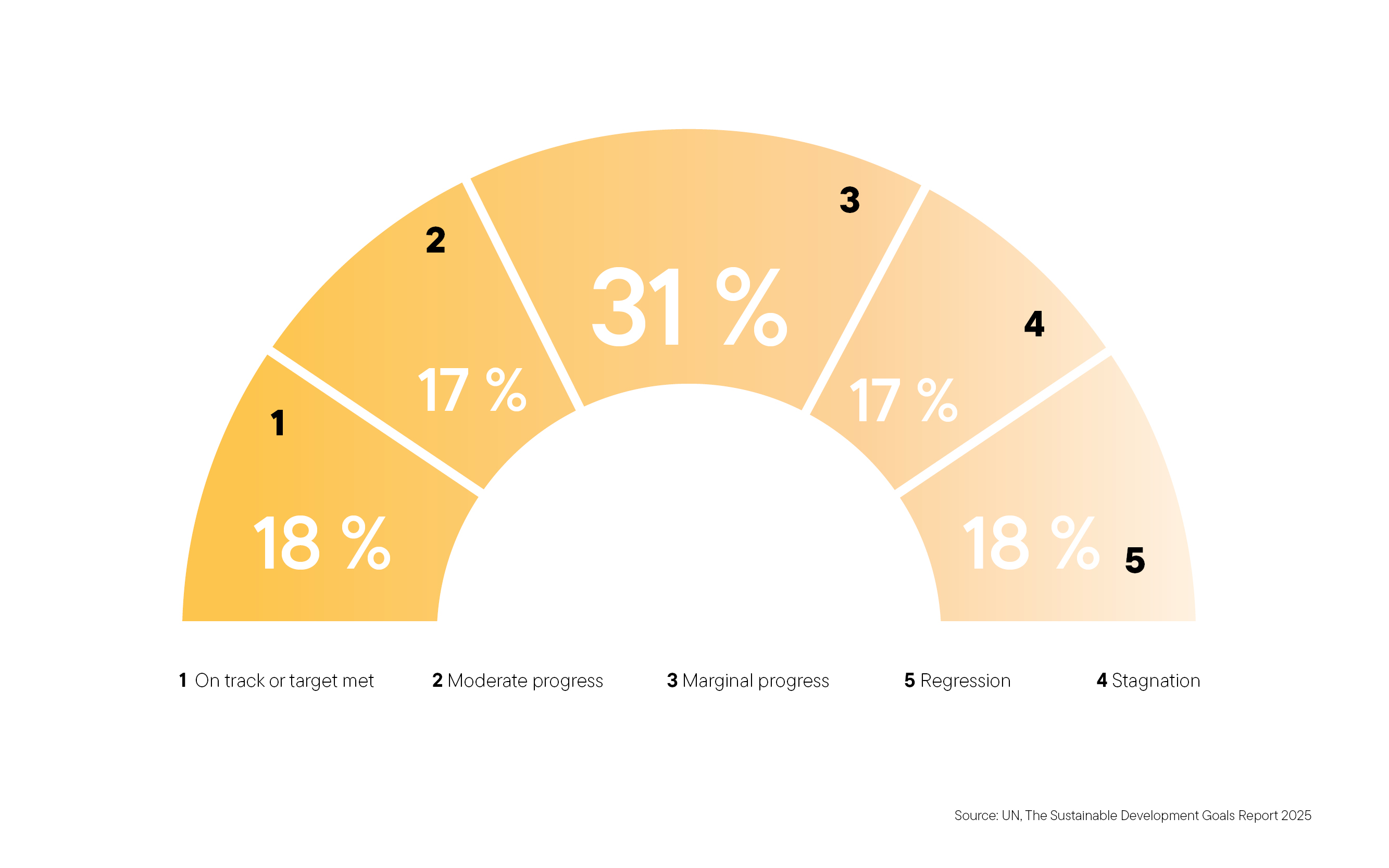Development finance
Greater independence
“Developing countries need to mobilise resources of their own, and industrialised countries need to keep their promises,” demands Jens Martens of the Global Policy Forum, which co-organised an international conference on development finance with terre des hommes and Social Watch, two non-governmental organisations, in Bonn last month. International taxes and levies are another important option, Martens ads, especially in the light of the second International Development Finance Conference scheduled for late next year in Doha.
“Developing countries know very well what is good for them. That is why they must be given the opportunity to define their own priorities,” says Emily Sikazwe of the Zambian NGO Women in Change. That is often prevented, however, because of the conditions donors attach to development assistance. Some developing countries could become less dependent on donors if they reformed their tax systems. In many countries, the poor are taxed more heavily in relative terms than the rich. Tax revenues are correspondingly low and tax avoidance by the rich widespread.
Developing countries also ought to reconsider the special tax status granted to foreign investors and should take action to stop capital flight, according to Sikazwe. Doing so is only possible with the cooperation of the rich countries, she adds, because civil society’s hands are tied in the developing world as long as European banks accept money from corrupt African dictators.
In many countries, efficient budget management is also prevented by a lack of transparency. Leonor Briones of Social Watch reports that more than 50 % of the budget of the Philippines is earmarked for “special purposes” and administered directly by the president. But donors too are reluctant to put their cards on the table. So despite all the criticism, China’s engagement as a development donor also has some up-sides, the conference was told, giving developing countries a choice and thus making them depend less on other donors. Social Watch Coordinator Roberto Bissio, meanwhile, points out the need for more coherence between development assistance, trade and finance. In this area, journalist and blogger Rainer Falk sees cause for hope in the promises of IMF director-elect Dominique Strauss-Kahn to give poor countries more say in the Fund. (cir)







